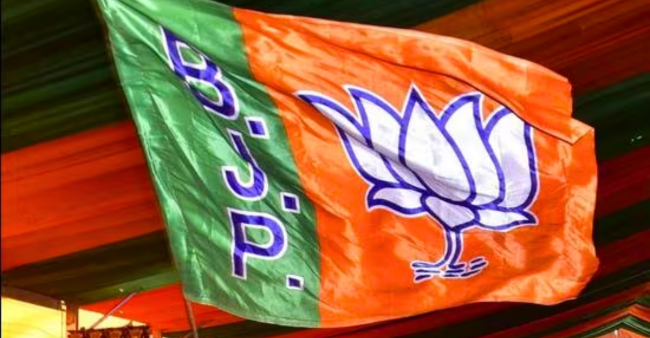NEW DELHI: BJP workers were inactive as they believed little effort was needed post the Ram Mandir issue.
The first phase of the Lok Sabha elections, despite being low key was intriguing as the 102 seats that went for polling on Friday, witnessed a relatively low voting percentage.
However, immediately following the voting process, Prime Minister Narendra Modi remarked that he’s receiving excellent feedback from across the nation, implying that the voting trend favoured the NDA. However, the low voter turnout in the Hindi belt states has buoyed the hopes of the Opposition, particularly in Rajasthan, Uttar Pradesh, Chhattisgarh, Uttarakhand, Bihar and Madhya Pradesh.
These states are pivotal for the BJP to pass the 300-seat mark. While BJP workers in Rajasthan, Uttar Pradesh, and Uttarakhand outwardly express
Some say that the Opposition claiming that crossing the 400-seat mark could lead to the abolition of reservations by amending the Constitution has resulted in increased voter turnout in Dalit and Muslim areas, while other areas have seen a lower turnout. These developments are raising concerns within the BJP about the Opposition’s “success” in states such as Bihar and Madhya Pradesh.
Moreover, some BJP workers believed that little effort was needed post the Ram Mandir issue, assuming Prime Minister Narendra Modi’s popularity would secure votes. This led to inactivity. For instance, in Jaipur, BJP candidate Manju Sharma’s workers refrained from direct voter contact, opting instead to distribute slips. Educated voters, often seen as BJP supporters, also remained indoors. Reports suggest caste politics influenced voting in Rajasthan, just like it has in Uttar Pradesh and Uttarakhand.
Diminished enthusiasm in Jat, Meena, and Gurjar-dominated areas is ringing alarm bells for the BJP, with a 6% drop in voter turnout compared to the last election. Seats like Jhunjhunu, Sikar, Dausa, Churu, Sri Ganganagar, and Alwar might become embroiled in caste equations. However, low voting in Jaipur city doesn’t necessarily spell trouble for the BJP, as it maintains strong prospects in the area despite the turnout. But experts suggest it’s premature to conclude that a low turnout will harm the BJP, as it’s possible that only BJP supporters turned out to vote.
Meanwhile, the BJP may adjust its strategy to boost voter turnout in the next six phases of the election.

